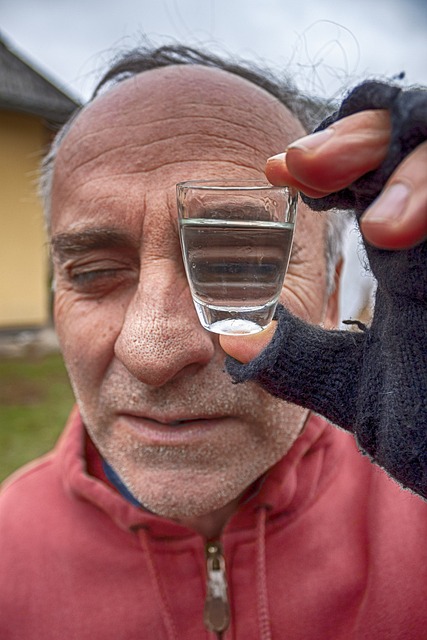I am aware that in the 18th century, alcoholic beverages were defined by their “proof,” meaning its relative dilution and combustibility (A 100 proof liquor would sustain combustion of gunpowder).
But here in the 21st century, I am certain I have seen liquors that are below 100 proof –Sambuca, for example– be lit on fire, and sustain a flame.
So what’s up? Is there an absolute proof lower limit, at which a shot won’t light on fire? Or does it depend on the other ingredients in the liquid? Might an 80 proof Sambuca burn where an 80 proof rum wont?
posted by eduke to food & drink (10 answers total)
At What “Proof” will most Alcohol Spirits Burn?

